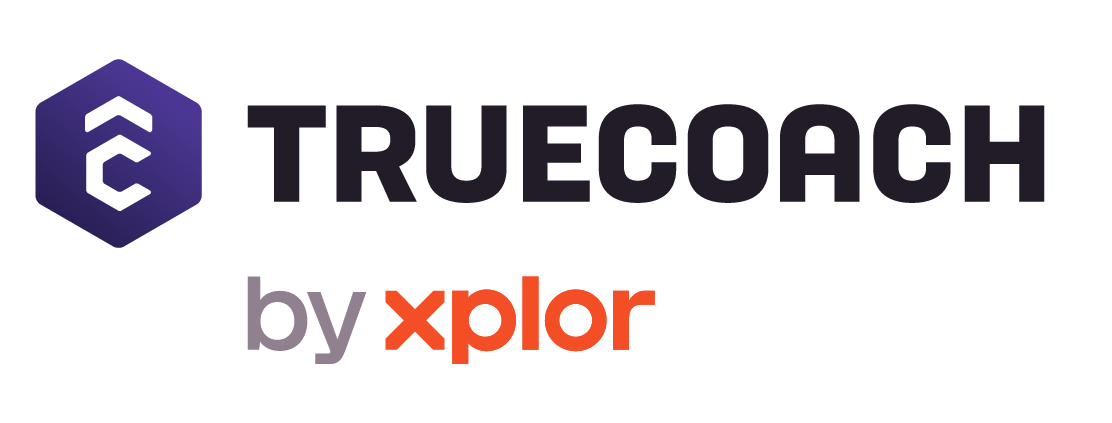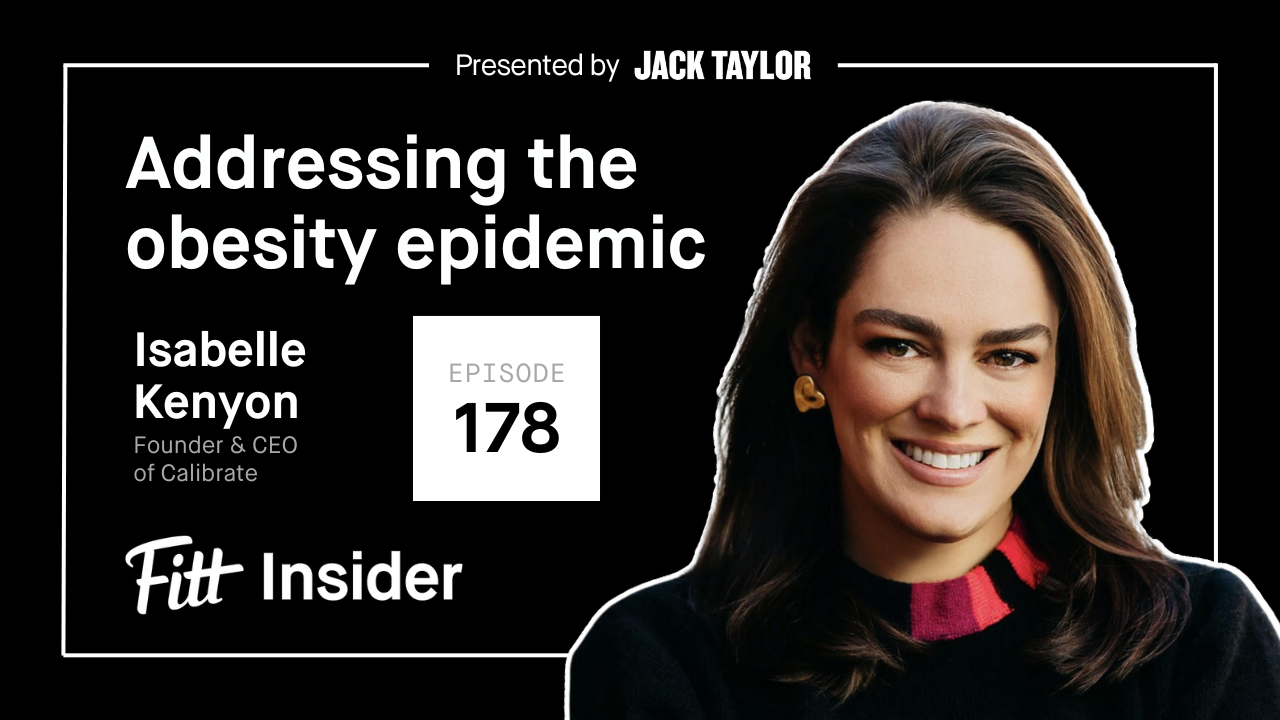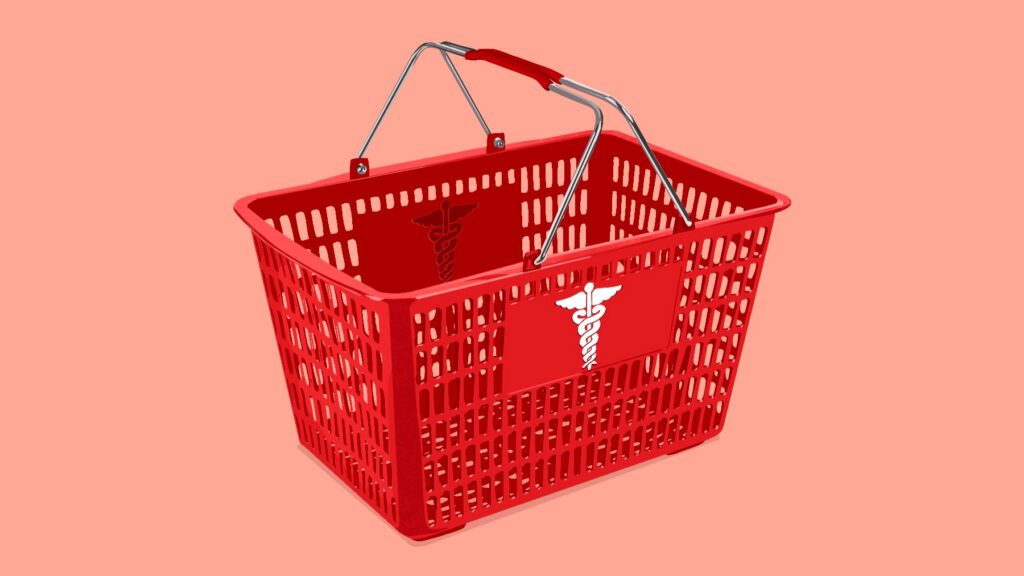
From wellness clinics to doctor visits, retailers are all-in on healthcare.
All-Time Low
Expensive yet ineffective, the US healthcare system continues to disappoint.
- Less than half of Americans rate the quality of US healthcare as “excellent” or “good.”
- Inequities in the US health system cost $320B annually and could reach $1T/yr by 2040.
- Among developed nations, Americans are the least likely to have a regular physician or place of care.
Reversing this trend, a global report from The Commonwealth Fund said increasing access, ensuring affordability, and preventing chronic conditions are top priorities.
Pursuing those goals, digital health startups have raised billions of dollars to disrupt the status quo. But telehealth visits are only part of the equation.
In an effort to meet people where they are, retailers, pharmacies, and grocery stores are leveraging tech to own “healthcare’s front door.”
Alt-Care
Bolstered by the pandemic, telehealth adoption reached 80% in 2022.
But, most patients still prefer in-person care for managing mental health, chronic conditions, wellness exams, and more.
Moving in, retailers like Walmart, CVS, and Albertsons want to boost profits and health outcomes by creating alternative care sites. Their timing couldn’t be better.
Consumerism has taken hold. With increased access to information and technology, consumers are demanding better-quality care at lower costs.
And care models are shifting. Moving from fee-for-service to value-based reimbursement, more providers are doubling down on convenient, preventative, and vertically integrated care models.
Along those lines, by 2030, Bain & Company expects 30% of primary care to be delivered by nontraditional providers — with retailers accounting for 5–10% of patients.
One-Stop Shop
With thousands of locations, reaching hundreds of millions of customers each week, retailers want to be a one-stop shop for everything — including healthcare.
- Walmart. By 2024, the big-box store plans to operate 75 health clinics across the US.
- CVS. In January, CVS bought Medicare-focused clinic Oak Street Health for $10.6B after paying $8B for home care provider Signify Health last fall.
- Walgreens. Pivoting from prescriptions to primary care, Walgreens-backed VillageMD is expanding and recently acquired Summit Health+CityMD’s clinics for $8.9B.
- Dollar General. As part of its DG Wellbeing initiative, the company is stocking more health-related products and opening mobile care clinics with DocGo.
Elsewhere… With 40% of shoppers willing to share health insights to receive personalized food recommendations, Albertsons launched a wellness app, uniting wearable data, nutrition, telehealth, and more.
Meanwhile, tech titan Amazon added brick-and-mortar clinics to its healthcare arsenal with the $3.9B purchase of primary care provider One Medical.
Experience. The goal, according to Amazon CEO Andy Jassy, is rooted in the company’s customer obsession:
“We believe we can make the healthcare experience easier, faster, more personal, and more convenient for everyone.”
Integration. Another approach, CVS Health CEO Karen Lynch is betting on the integration of insurance, prescriptions, clinics, and more:
“I want you to think about CVS Health first because we have that entire continuum of care to support you in that journey of health.”
Location. Yet another path, because 90% of Americans live within 10 miles of a Walmart and 75% within five miles of a Dollar General, these retailers are uniquely positioned to increase access among underserved communities, particularly in rural areas.
Looking ahead: Healthcare is big business, and retailers want a slice of the trillion-dollar pie. Still, the idea of selling candy and cigarettes up front while filling prescriptions and conducting exams in the back sends a mixed message. Easier said than done, the winners have to inspire trust and deliver results in order to turn shoppers into patients.
🎙 On the Podcast

Calibrate co-founder & CEO Isabelle Kenyon weighs in on the growing debate around GLP-1s.
We also cover: the platform’s metabolic reset program and safe prescribing practices for clinical weight loss medication.
Listen to today’s episode here
💸 Fount raises $12M for its health optimization platform
The company’s elite coaching service aims to replace one-size-fits-all recommendations with personalized protocols for high performance.
Dialed in. Analyzing bloodwork and wearable data, Fount’s coaches help users fine-tune their diet, sleep, fitness, and more. Through an ongoing process of self-experimentation, the plan is tracked and refined over multiple cycles to achieve optimal results.
According to Fount COO Clayton Kim, personalization is essential to pushing the limits of human performance:
“The only real path to self-improvement is through experimentation and habit formation. So, we aim to be the meta-layer on top of all of these [health] modalities, optimizing the path of experimentation across all domains that affect performance.”
Special ops. On the Fitt Insider Podcast, Fount CEO Andrew Herr explained how his experience working with military operators laid the foundation for his approach to “hyper-individualized programs.”
High-end. Not cheap, the service costs $3K per month. And, to date, its memberbase is primarily made up of athletes, executives, and celebrities.
Looking ahead: Expanding beyond sports and special operators, Herr plans to use AI to scale Fount’s experimentation platform, while also releasing standalone products derived from its findings.
💪 For better mental health, movement is medicine
Two recent systematic reviews found evidence that exercise can greatly improve symptoms of depression and anxiety.
- Physical activity, especially high-intensity exercise, was 1.5 times more effective than counseling or leading medications in treating depression.
- Beneficial effects were reported across all clinical populations, with the greatest impact on those with major depressive disorder and those undergoing supervised exercise.
The researchers were clear in their conclusions: Physical activity is an evidence-based antidepressant and should be pursued as a “first-choice treatment.”
Step one… To combat a lack of motivation and establish a routine, it’ll be important for mental health clinicians to create structured exercise protocols—from walks to working out—for those with chronic depression or illness.
Self-medicating. With burnout on the rise, more Americans are already taking action — and improving mental health has become a key motivator for exercising. In response, fitness and wellness operators are catering to demand for mindful movement.
Punchline: To date, solutions for mental and physical health have been siloed. But as consumers pursue holistic wellness and brands lean in, therapists could (and should) begin prescribing workouts for better mental health.
📰 News & Notes
- Ergatta syncs its rower with Apple Watch.
- Noom, Everlywell now prescribe obesity drugs.
- Beachbody rebrands to BODi, integrates mental health.
- Study: Loneliness linked to metabolic and mental illness.
- Zwift lays off another 15% of staff, primarily in marketing.
- Onnit founder Aubrey Marcus buys back Austin-based gym.
- Fitt Jobs: Discover a meaningful career in the health & fitness industry.
- Cue Health launches new test kits for sexual, heart, and metabolic health.
- Startup Q&A: Myodetox’s Dr. Kevin Marryshow on futureproofing the body.
💰 Money Moves
- Patagonia Provisions, the food and beverage division of outdoor retailer Patagonia, acquired organic snack maker Moonshot.
- CVC Capital Partners acquired a 20% stake in the Women’s Tennis Association (WTA) for $150M.
- Sierra Nevada Brewing acquired a minority stake in RIOT Energy, makers of a plant-based, sugar-free energy drink.More from Fitt Insider: Liquid Gold
- Iron Health, a tech-enabled OB-GYN platform, secured $4.5M in a seed round from Redesign Health and March of Dimes’ Innovation Fund.
- Analytics firm LexisNexis Risk Solutions acquired health data platform HumanAPI.
- Sensate, a UK-based mental health platform for anxiety and stress, added $3.2M in a seed round.
- Finnish smart basketball maker SIQ Basketball added $3M in a seed round.More from Fitt Insider: Sportstech Shaping the Future of Basketball
- Juice maker Langers acquired aluminum-bottle water company Gen Z.
- Aiberry, an AI-powered mental health screening provider, closed $8M in a seed round led by Confluence Capital Group.
- Salt Creek Capital acquired Power Gripps USA (dba Versa Gripps), maker of weightlifting accessories.
- Swiss smart ring maker Iris raised ~$550K in crowdfunding.More from Fitt Insider: Smart Ring Wars
- Brain-supporting baby food maker Cerebelly raised an undisclosed sum in an oversubscribed Series A round.
- Belgian home sleep testing startup Sunrise secured €17M ($18.1M) in a funding round led by Kurma Partners.
- HHalytus, a Singapore-based manufacturer of a smart fitness device called Hookee, raised HK$2.4M ($309K) in crowdfunding.
Today’s newsletter was brought to you by Anthony Vennare, Joe Vennare, and Ryan Deer.






